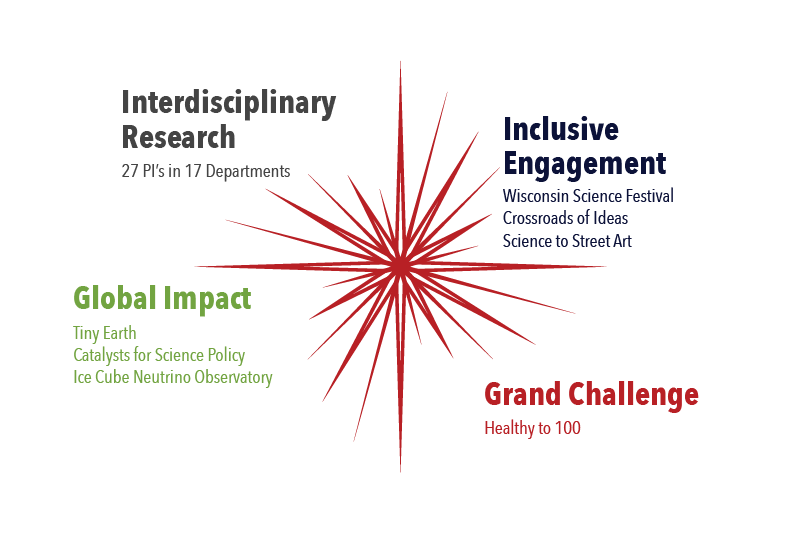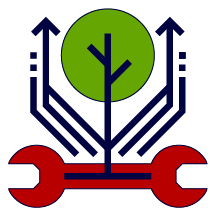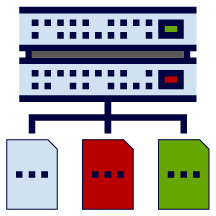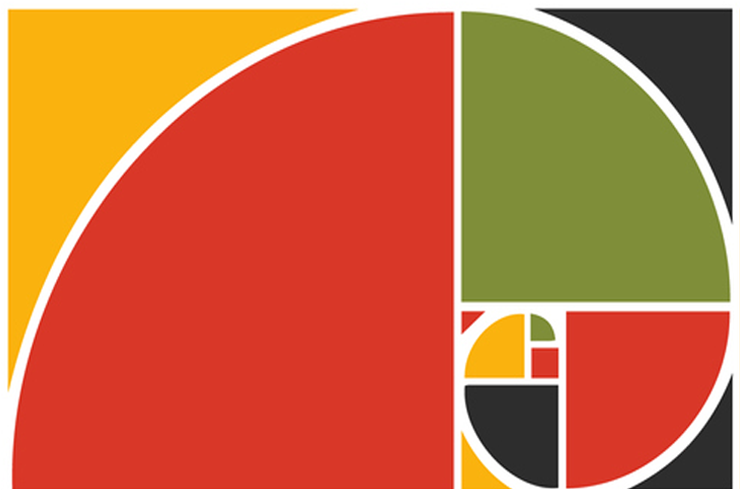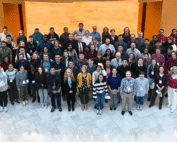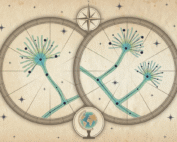The Latest
New Kohler Fellows: Advancing Discovery Through Creative Collaboration
The Wisconsin Institute for Discovery introduces the newest Kohler Fellows, a prestigious program uniting science and art through interdisciplinary collaboration. Paired artist–scientist teams transform research into creative work that bridges disciplines, reveals new perspectives, and sparks transformative thinking.
24 Hours with WID
The Wisconsin Institute for Discovery operates with a dynamic, around-the-clock energy, fostering an environment of constant innovation. From late-night breakthroughs to collaborative experimentation, and global knowledge sharing over zoom, our interdisciplinary hub is always abuzz with activity. Take a glimpse into the exciting work that takes place within a 24-hour period.
Discovery Fellow, Nan Li earns Vilas Associate Award
The Vilas Associates Competition recognizes new and ongoing research of the highest quality and significance. Recipients are chosen competitively by the divisional Research Committees on the basis of a detailed proposal.
Deciphering the Regulatory Network of a Pathogenic Fungus
In a new study, researchers from the Wisconsin Institute for Discovery (WID) have created a software tool that can help reveal biological pathways of a notorious pathogenic fungus. Aspergillus fumigatus, which is found worldwide, can infiltrate a human body and quickly overwhelm the immune system. In immunocompromised individuals, this fungus can cause major damage and has a high mortality rate. The new tool may eventually help researchers address the problems caused by A. fumigatus.


